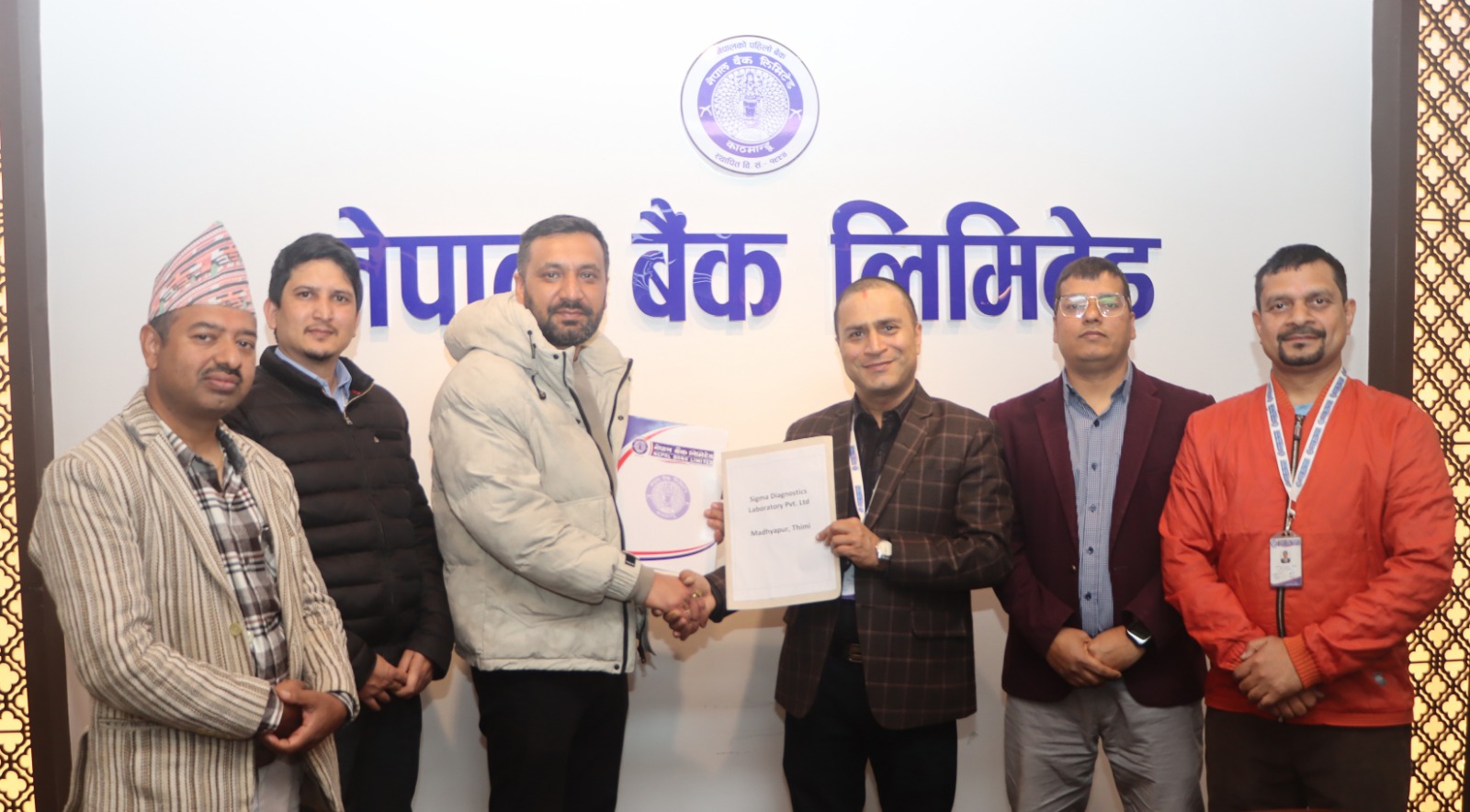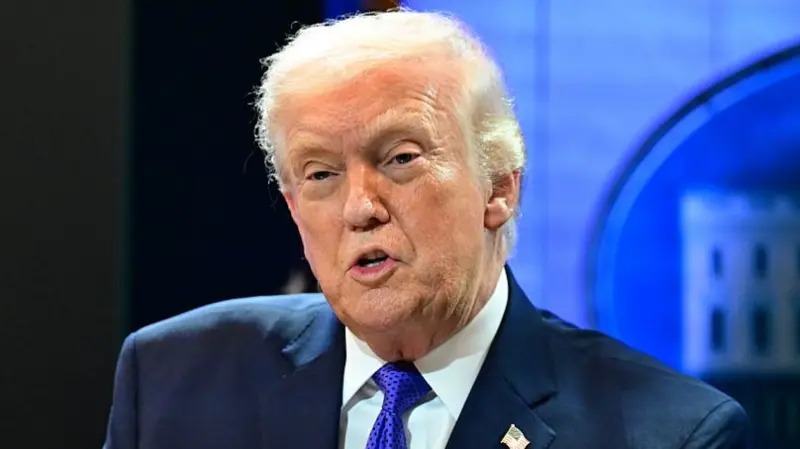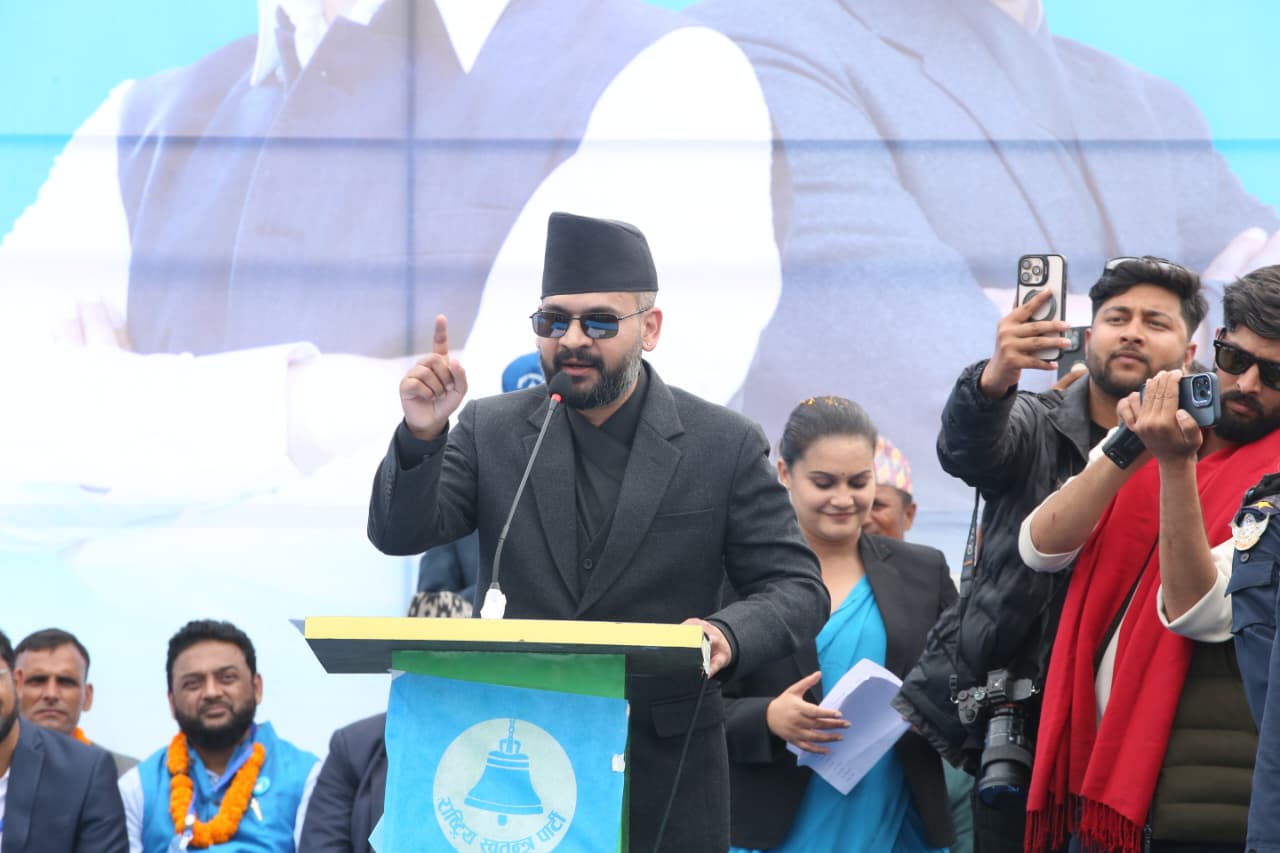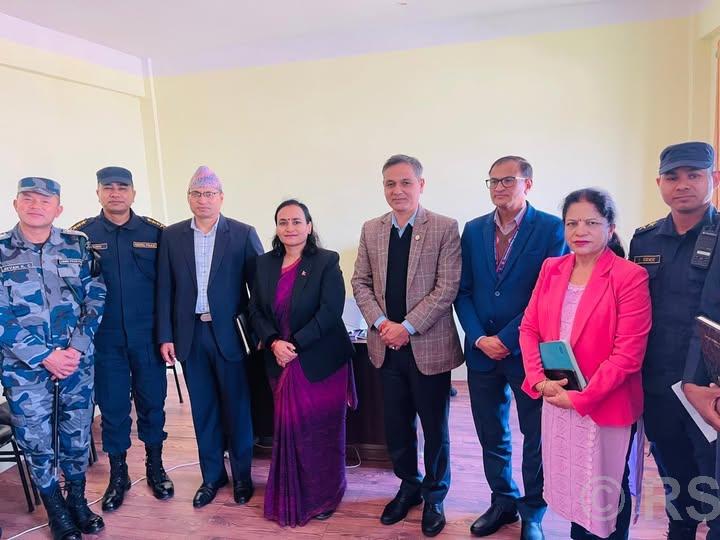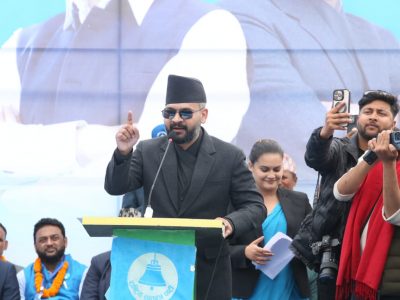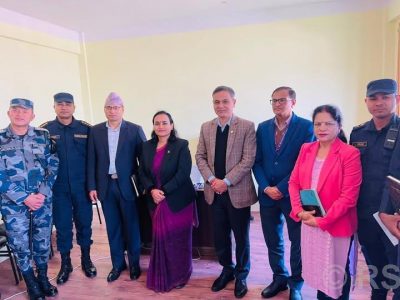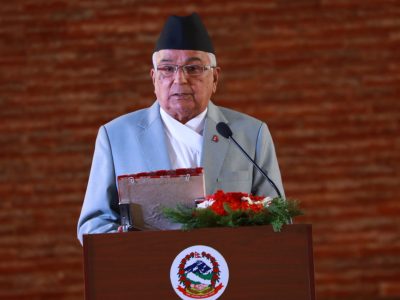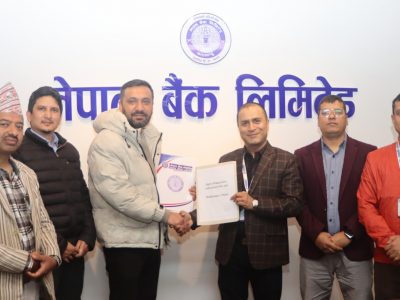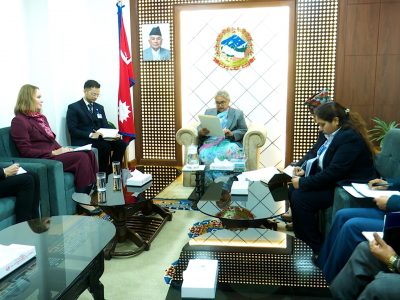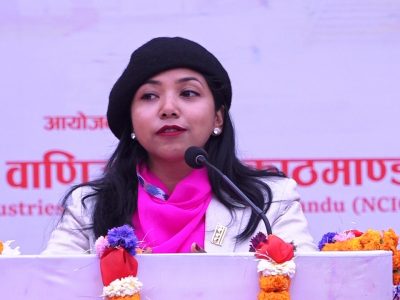Leadership Void Deepens: Constitution Silent, State Struggles Amid Public Outrage — Nepal Army Chief Steps In to Negotiate

Nepal stands at a critical crossroads as a severe leadership vacuum deepens. The constitution remains silent, and the state appears powerless to contain the growing frustration and unrest among its people. In this dire context, the Nepal Army Chief has taken a pivotal role, stepping forward to negotiate and seek solutions to the escalating crisis.
While there are capable leaders within various sectors, their abilities have been constrained by the broader political challenges:
• Kulman Ghising, renowned for his expertise in energy policy and implementation, lacks maturity in national political affairs.
• Balen Shah, a strong local leader, still needs greater experience to navigate the complexities of federal politics.
• Sushila Karki, known for her integrity in the judiciary, faces new challenges in political management, according to Nepali’s opinion.
The Constitution’s Silence and Its Consequences
The promulgation of Nepal’s constitution in 2015 inspired hope for a new era of stability and progress. Yet, today, with state mechanisms at a standstill, leadership muted, and constitutional directives sidelined, public trust has eroded sharply.
This leadership vacuum has resulted in:
• The destruction of billions worth of public wealth, infrastructure, and assets, it may take years to rebuild this infrastructure again.
• A rising death toll, now in double digits.
• The unprecedented involvement of the Nepal Army in active roles to maintain order which is adequately acceptable by the Nepali Citizens.
Such developments send alarming signals for Nepal’s democracy.
Unprecedented Instability in Nepal’s History
Past transformative movements—the 1951 revolution, the 1990 People’s Movement and the 2006 Democratic Uprising—never witnessed such extreme political paralysis or constitutional inactivity in Nepal.
Today, protests led predominantly by the younger generation (Gen Z) have challenged the entire political system. Their demands are clear: an end to government authoritarianism, freedom of expression, and political disengagement.
Nepal Army Chief’s Intervention: Seeking Dialogue and Stability
Recognizing the gravity of the situation, the Nepal Army Chief has assumed a crucial role in mediating among key stakeholders. His involvement aims to foster dialogue, reduce tensions, and guide the nation toward peaceful and democratic solutions.
The Way Forward: Five Urgent Steps
1. Immediate Formation of an Interim Government
Leadership vacuum threatens national security and must be resolved swiftly.
2. Clear and Proactive Leadership from the President
The constitutional head’s silence is no longer acceptable.
3. Dissolution of Provincial Governments
they have become an economic burden, necessitating urgent structural reforms.
4. Announcement of National Elections with Temporary Constitutional Amendments
The people deserve the right to chart their own future.
5. Ensuring Political Participation of the Youth
The new generation is not just a voice of dissent but also a force for nation-building, and must be included as stakeholders.
Conclusion: Delay Risks National Integrity
Nepal’s future hangs in the balance. Failure to act decisively now risks jeopardizing the country’s sovereignty, unity, and existence.
“A nation is governed not by force alone but by wisdom. The time has come for enlightened decisions, visionary leadership, and a refined approach.”
The Nepal Army Chief’s active engagement signals a hopeful path forward—one that requires courage, clarity, and cooperation from all sectors of society to restore democratic vitality and national harmony.
Facebook Comment
latest Video
Trending News
- This Week
- This Month


